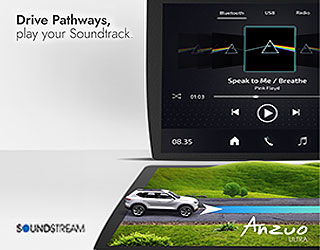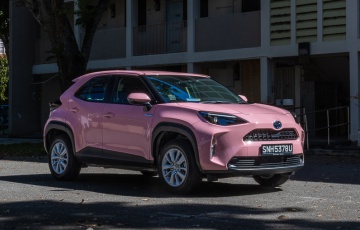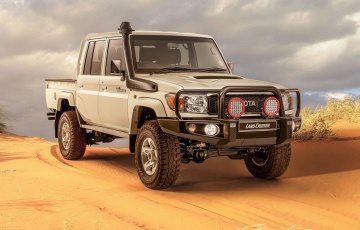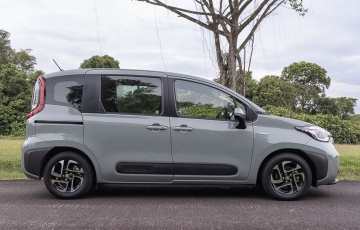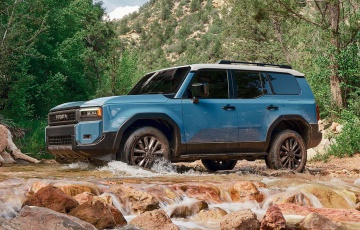To Boldly Go… : Toyota at the 2019 Tokyo Motor Show
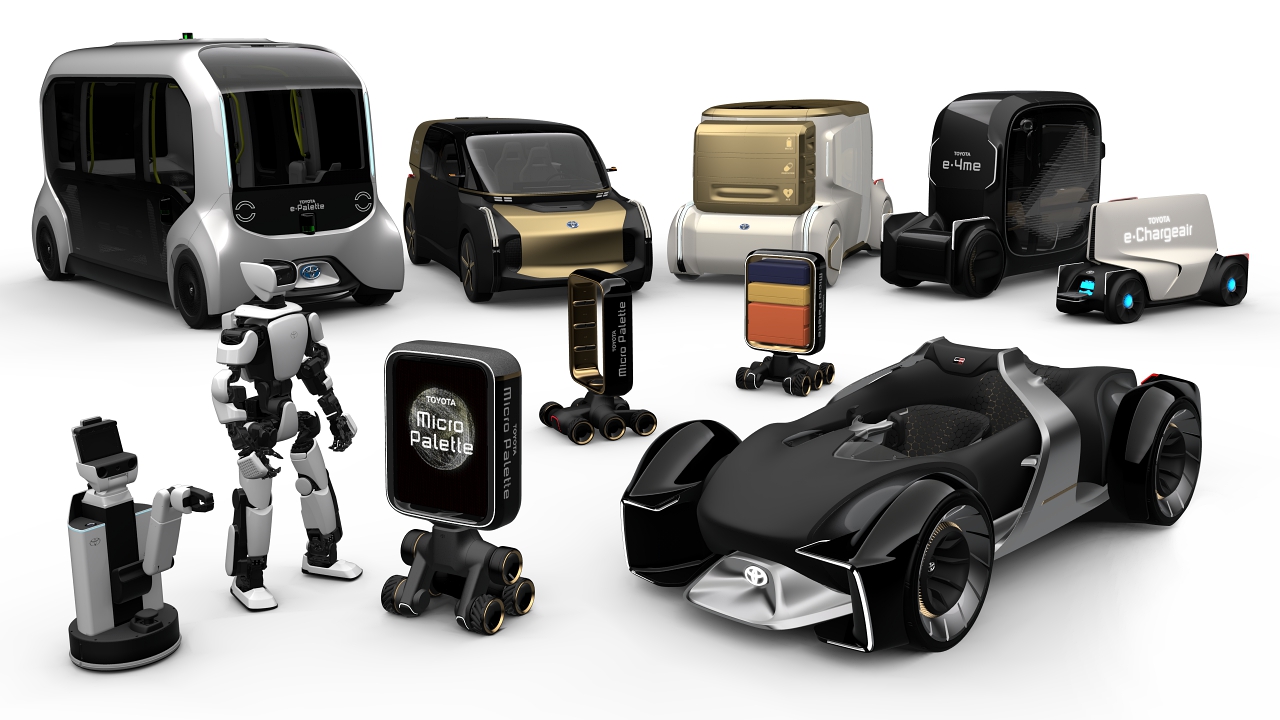
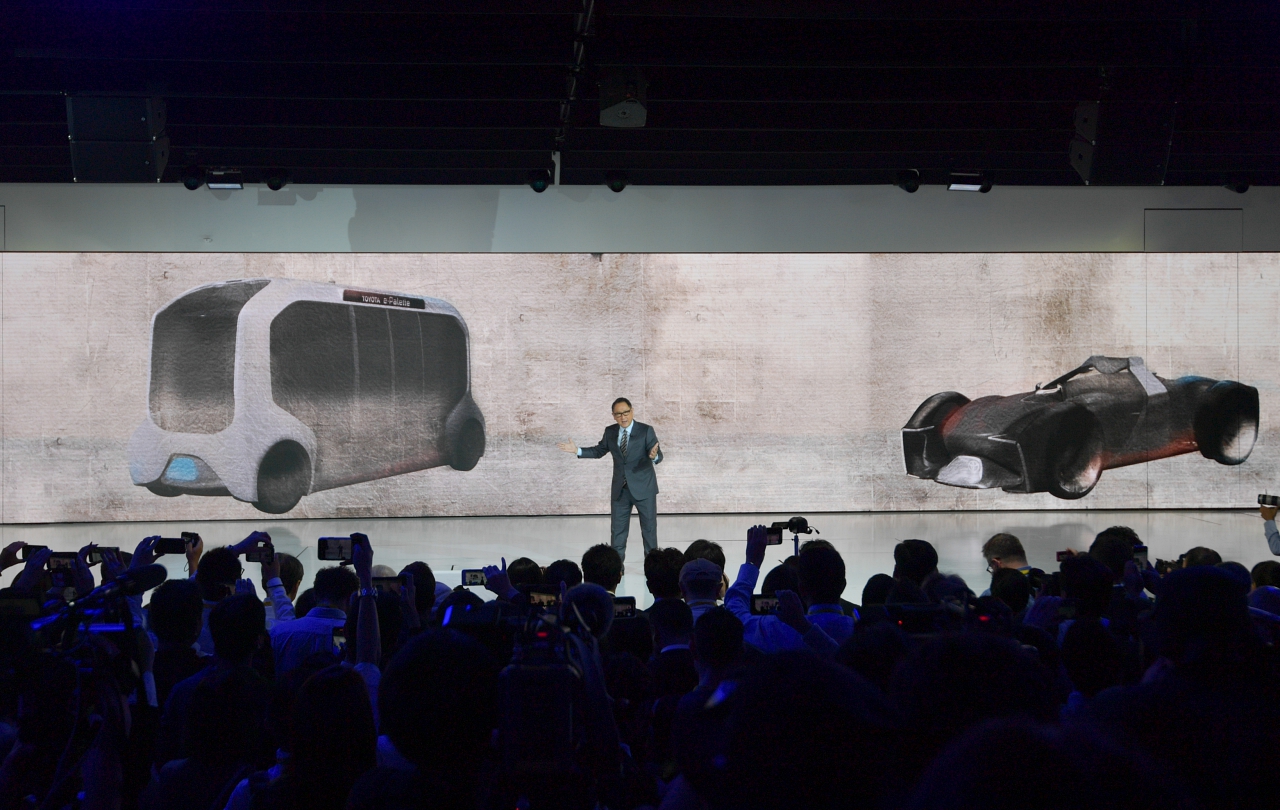
Tokyo, Japan – Toyota’s booth at the 2019 Tokyo Motor Show was a bold vision of Akio Toyoda’s (Toyota Motor Corporation’s President and pictured above) plans for the company, and was intended to upturn the normal order traditionally associated with an automotive brand.
Cars weren’t the centrepiece of Toyota’s booth, designed around the idea of a ‘Mobility Theme Park’, and this might have bordered on the abstract to some, sacrilegious to others – what was the focus, you ask?
The people – specifically, connecting people – because Toyoda intends for Toyota to transcend building/selling cars to creating mobility solutions for all... and by ‘all’, this means everybody.
Toyota’s interpretation of ‘mobility’ in its ‘Ever Mobility For All’ campaign isn’t limited to a literal meaning of mere transportation from A to B, but also in the metaphorical sense. This is why the brand is collaborating with non-traditional partners, namely the International Olympic Committee and the International Paralympic Committee.
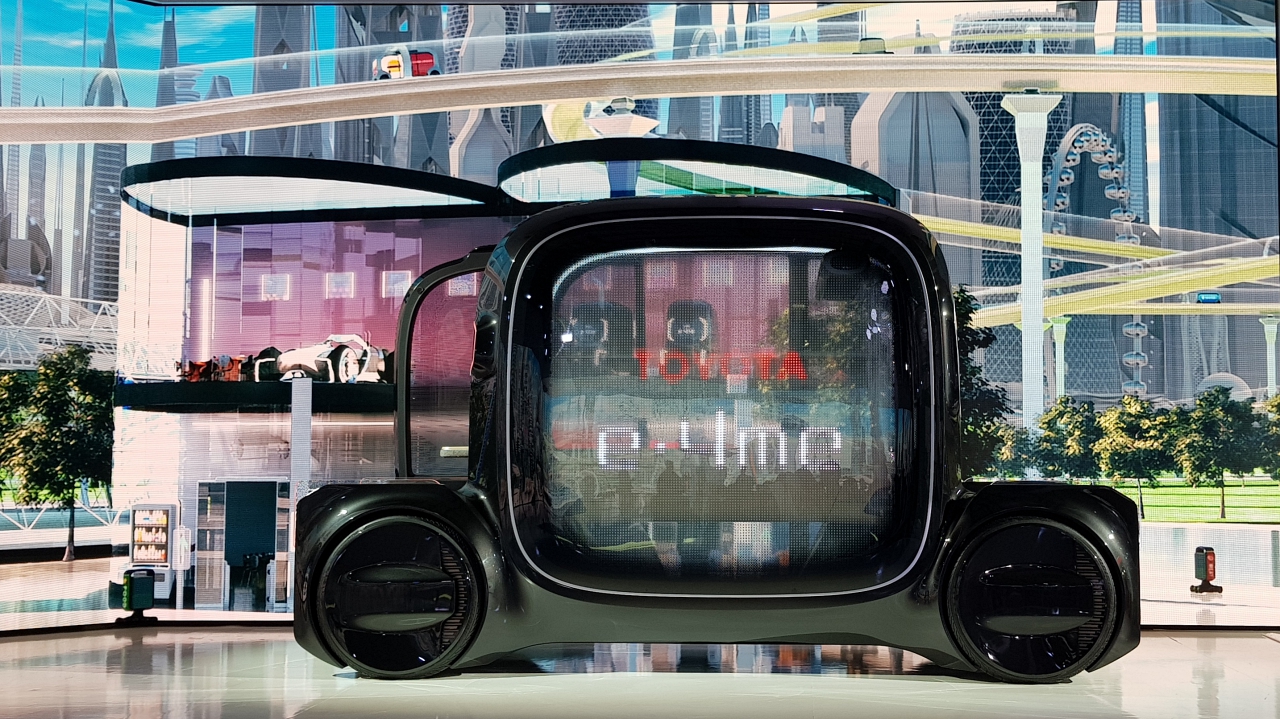
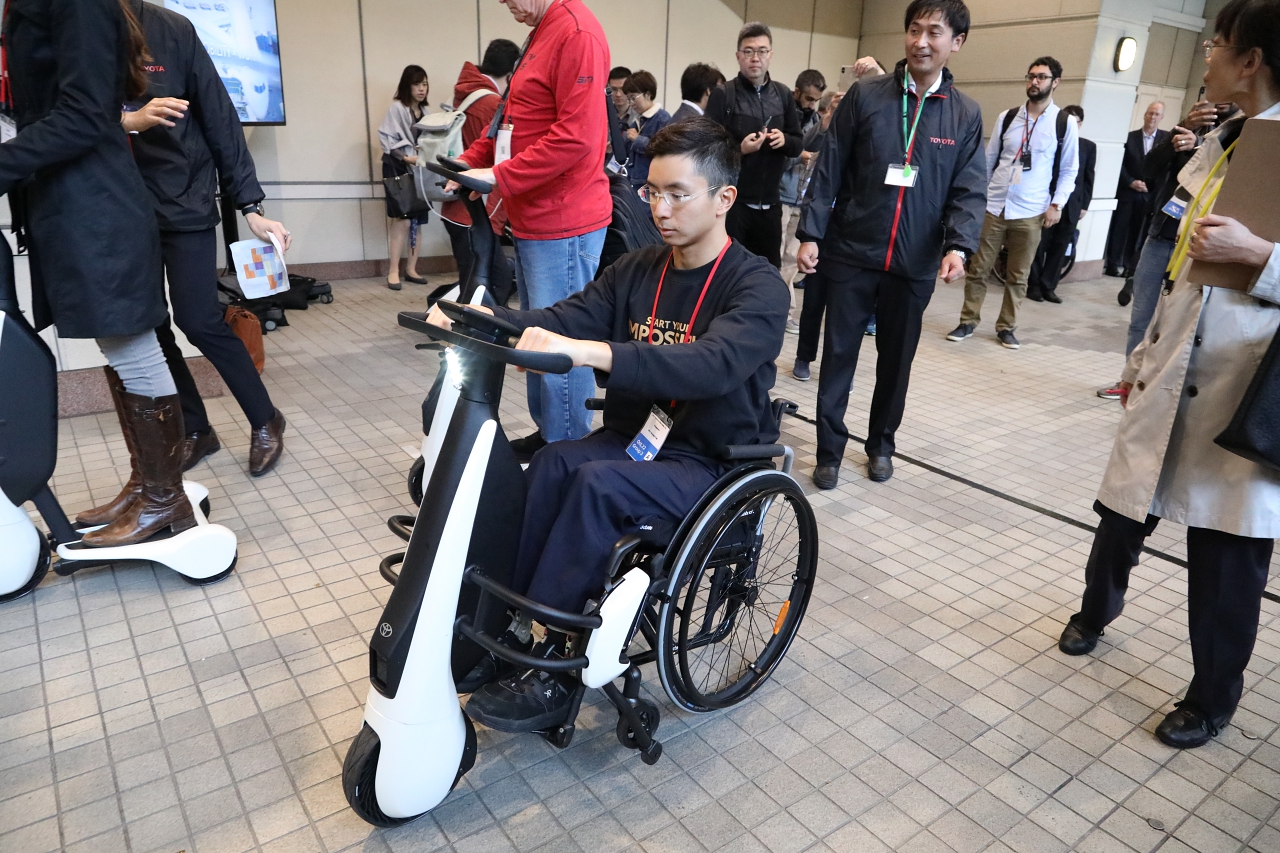
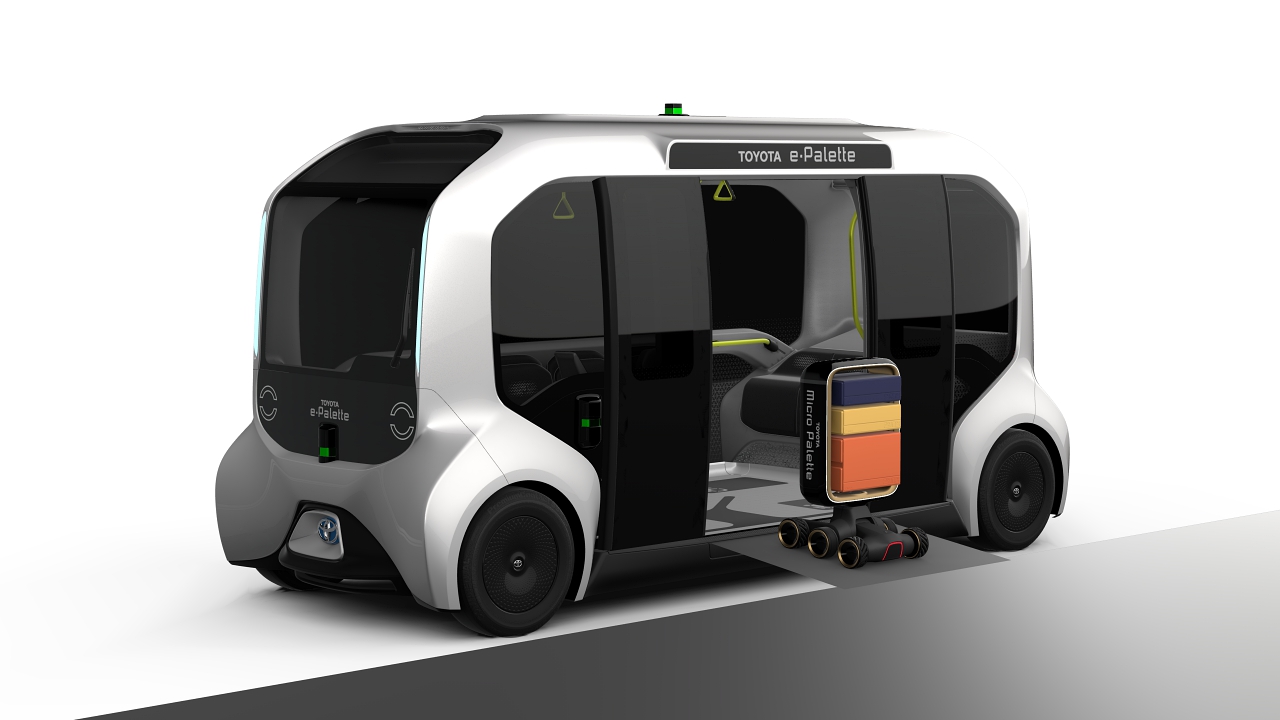
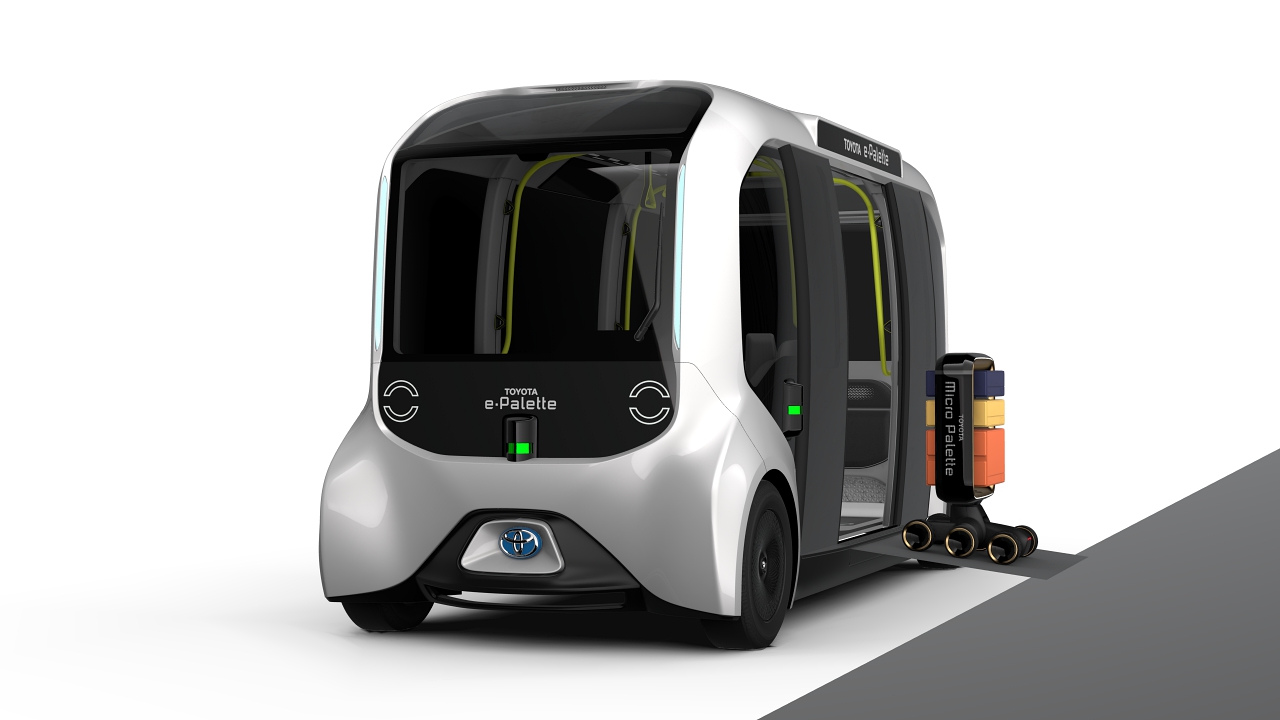
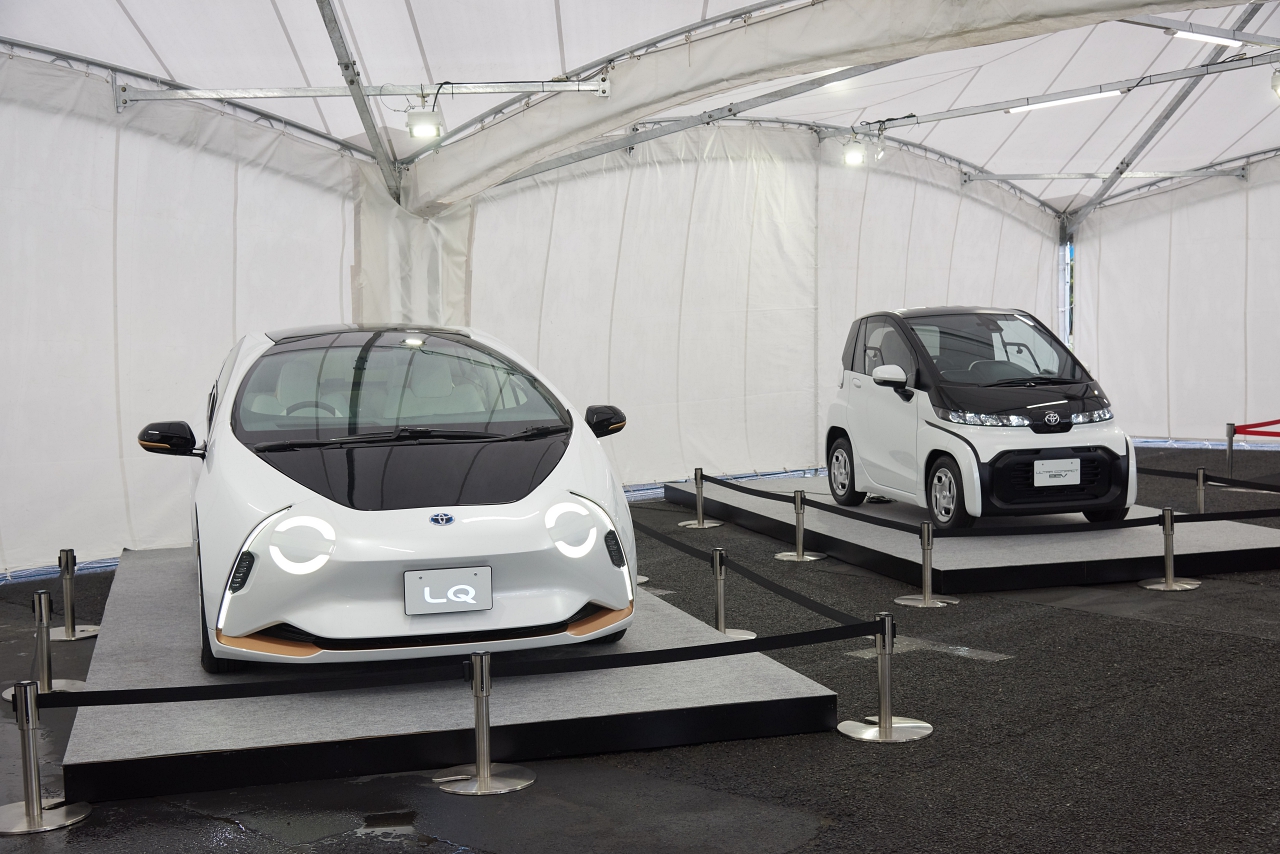
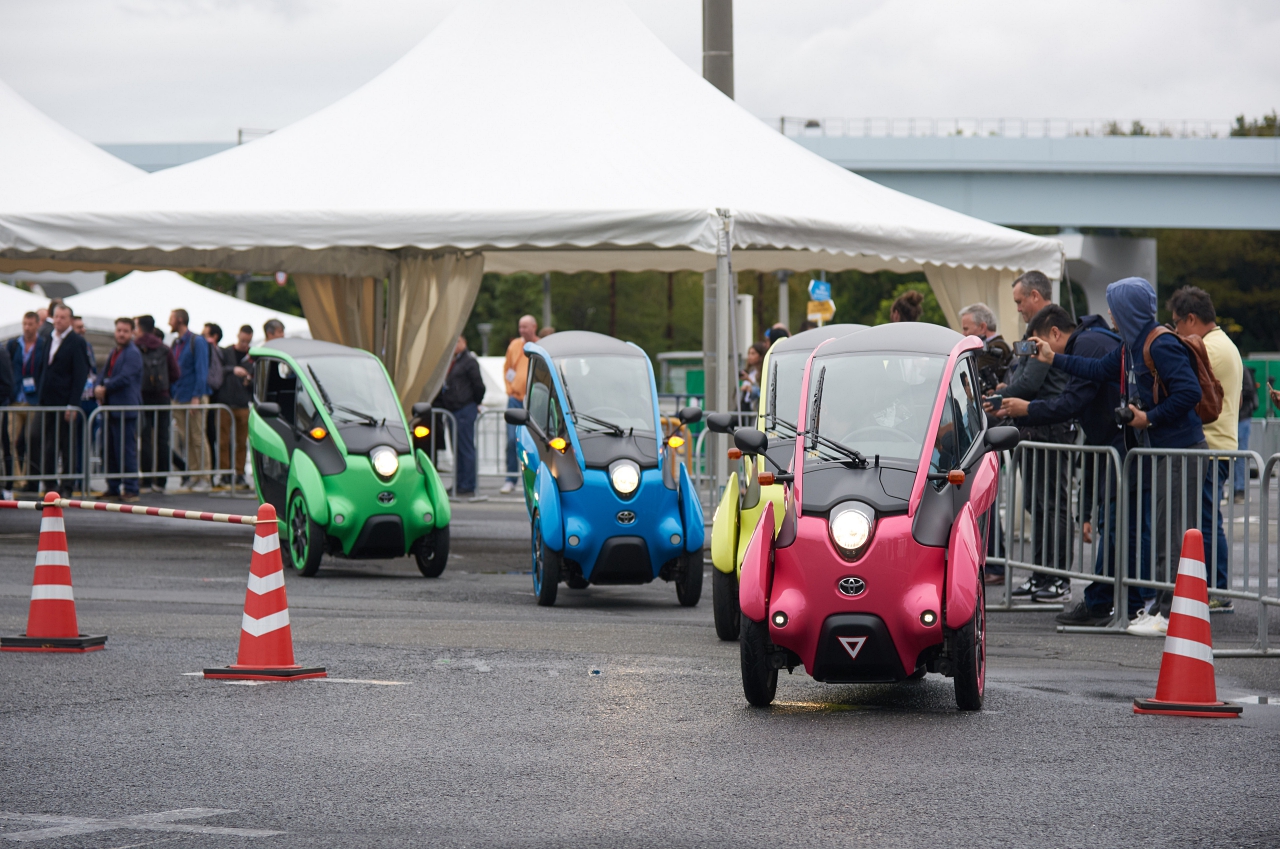
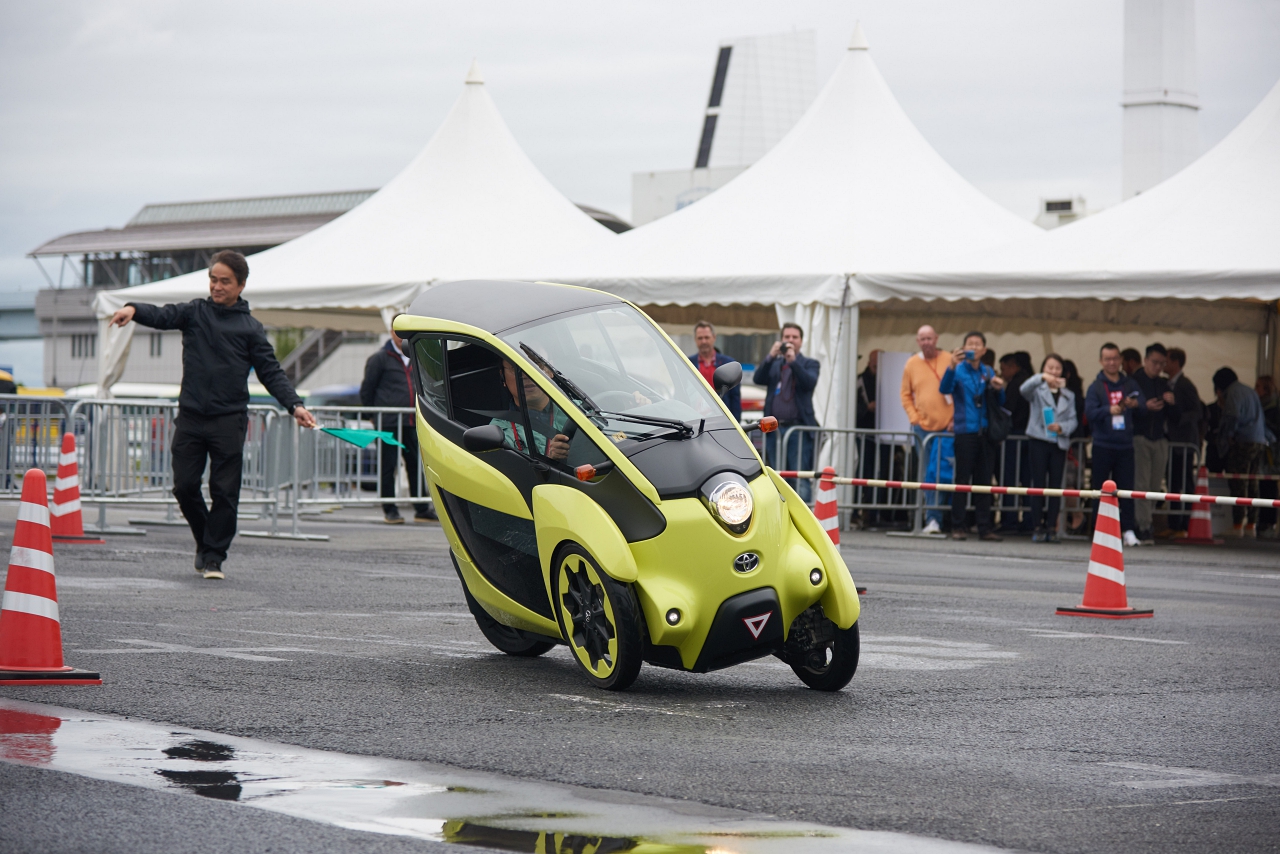
There’s a certain kinship in the collaboration, because like vehicles, the medium of sports provides the avenue through which people can break out of cookie-cutter careers and in many cases, social situations.
In many ways, this applies even more so to the Paralympic athletes, because it gives them the ability to effect change in their lives and in the lives of those around them, and this is the sort of mobility Toyota is looking at creating.
If anything, this ties back to the brand’s philosophy of Jidoka, where machines are seen to complement the human, and not to replace them – for instance when they’re sick, old or simply not mobile enough – which Toyota feels is an outmoded form of thinking.
It’s about enabling and empowering individuals through ‘Intelligent Automation’, and in the process help them fulfill their purpose in life (or ‘Ikiga’, a Japanese term for an individual’s reason for being), by affording them a level of mobility that might not otherwise have been possible.
This could be through advanced robotics created by TRI-AD (a joint venture between Toyota, Aisin, and Denso that does R&D on artificial intelligence), automated shuttles like the e-Palette or even the brand’s new range of ultra-compact BEVs (Battery Electric Vehicles).
Naturally, this isn’t to say there were no cars, but the point was clear – Toyota wants to focus on the people and be able to provide mobility of all sorts, not necessarily in the forms we’re familiar with as petrolheads.
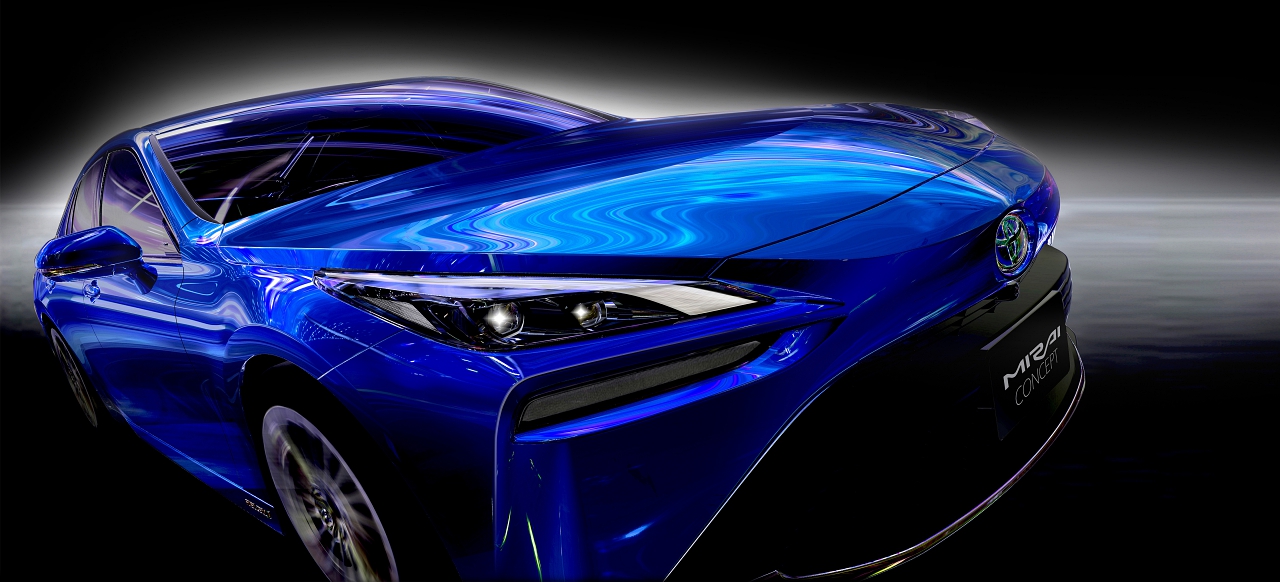
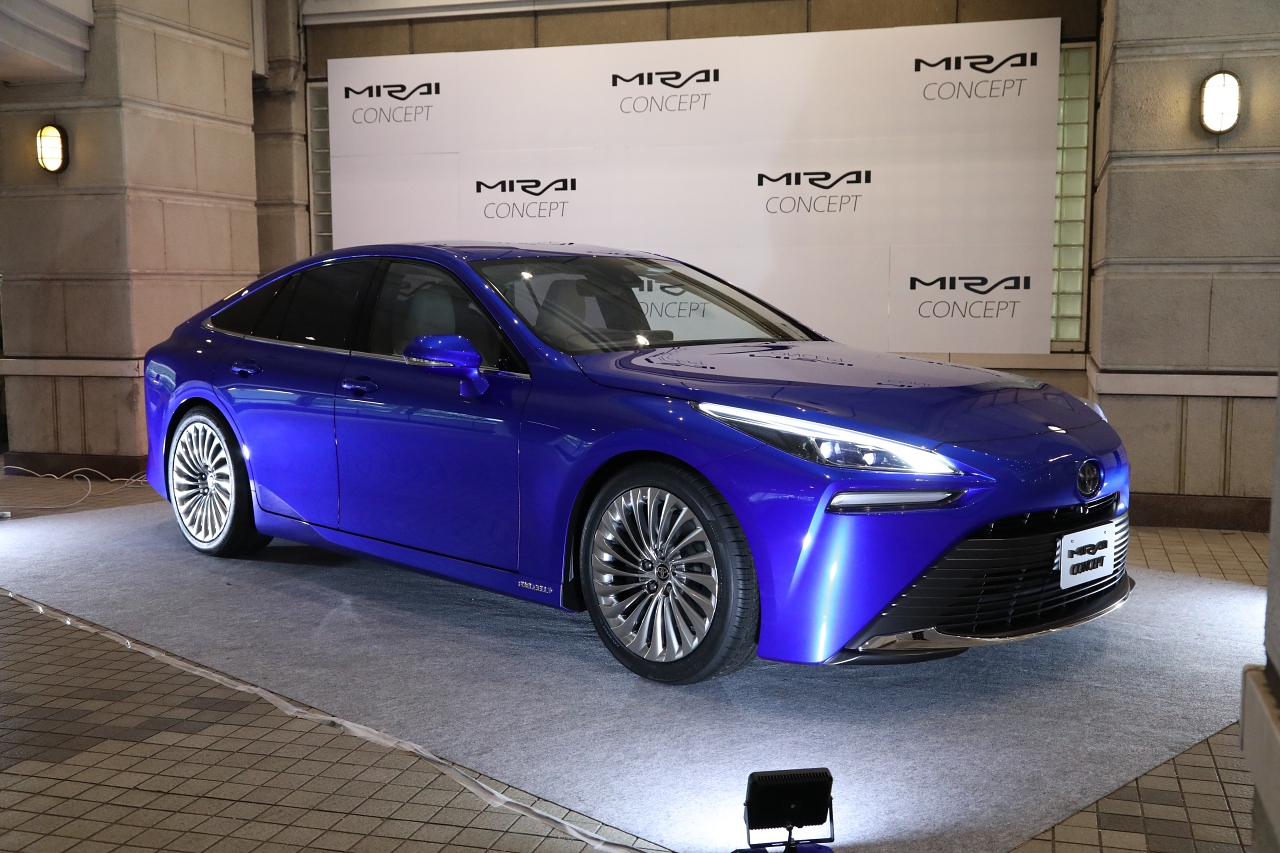
Toyota Mirai Concept
Even then, cars like the FCEV (Fuel Cell EV) Mirai Concept and e-RACER wowed our socks off, because it’s clear that the brand hasn’t forgotten about the emotional thrill of driving, even if it happens to involve vehicles with alternative powertrains. Most importantly, Toyota has designed the Mirai Concept to appeal to our go-faster senses.
“We have worked to make a car that customers will want to drive all the time, a car that has an emotional and attractive design and the kind of dynamic and responsive performance that can bring a smile to the driver's face,” said Yoshikazu Tanaka, Chief Engineer of the Mirai.
“I want customers to say ‘I chose the Mirai because I simply wanted this car, and it just happens to be an FCEV.’ We will continue our development work focusing on that feeling, and we hope that with the new Mirai we will be a leader in helping to realise a hydrogen energy society.”
Why a fuel-cell hybrid for the Mirai Concept and not full-electric? Toyota stands firmly by its hybrid programme, and tells us its existing hybrid fleet already allows it to meet CAFE 2021 (Corporate Average Fuel Economy) requirements without recourse to electric vehicles, something not many automakers can boast.
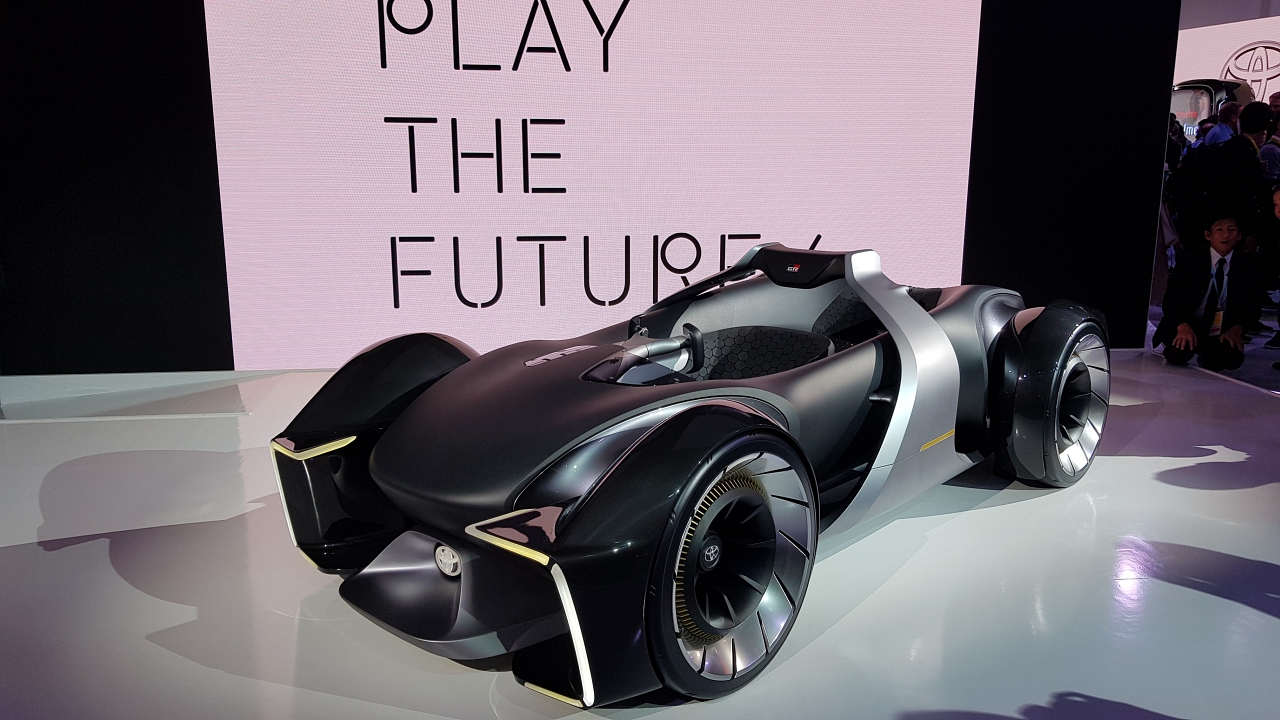
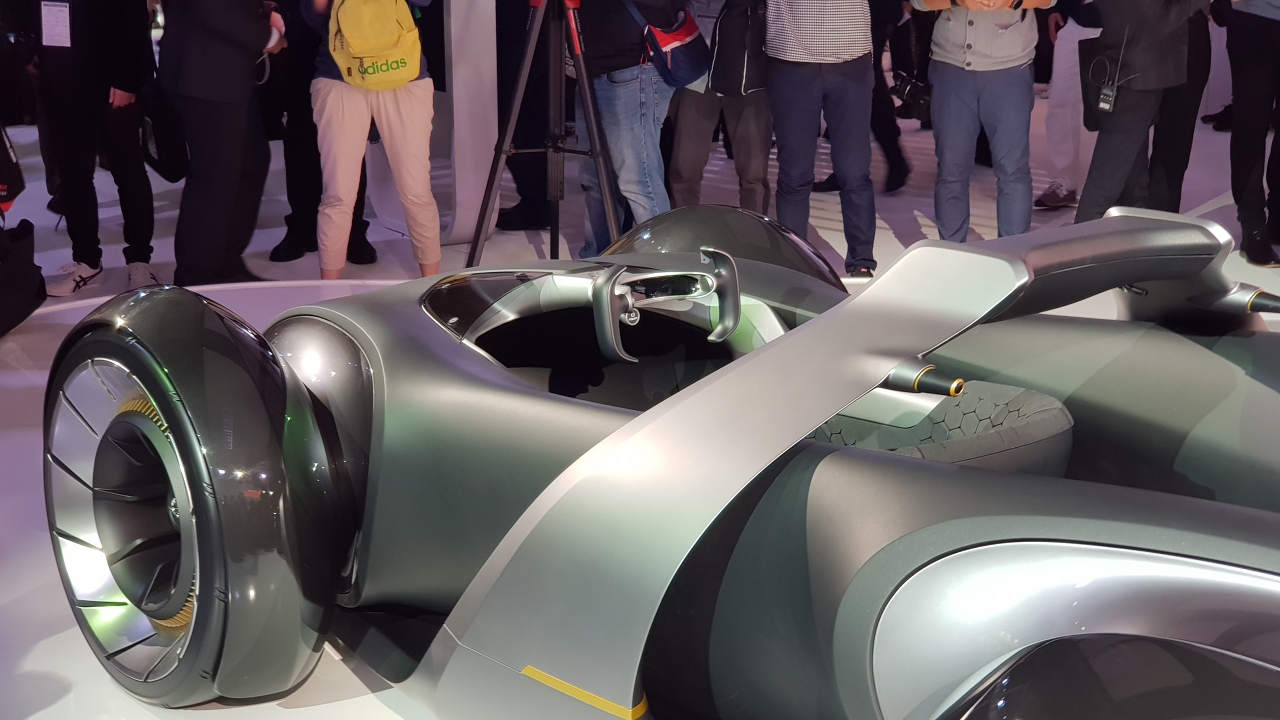
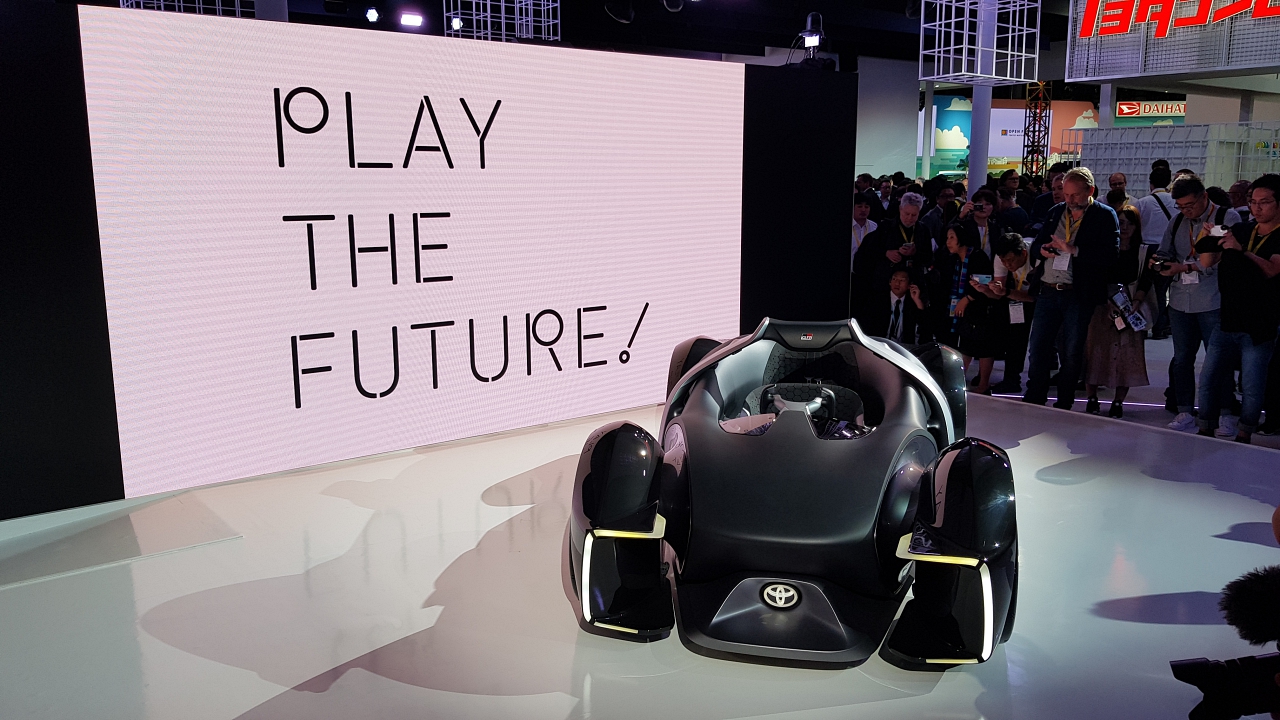
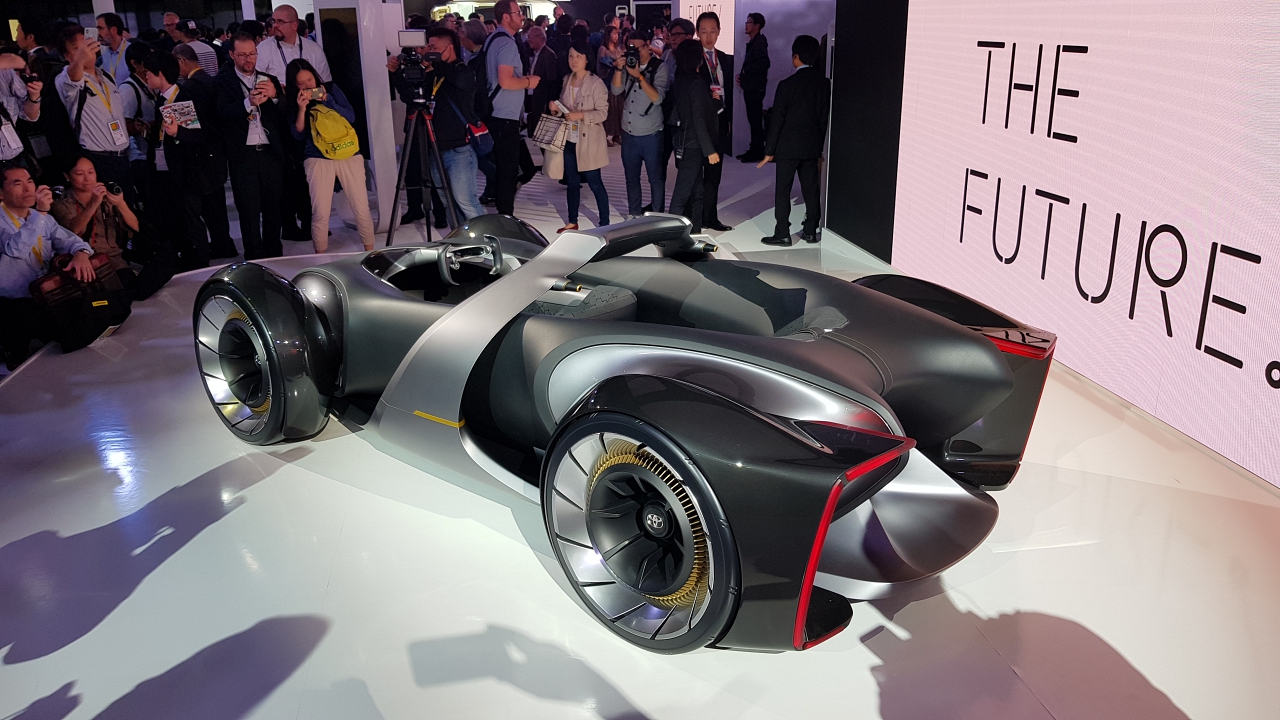
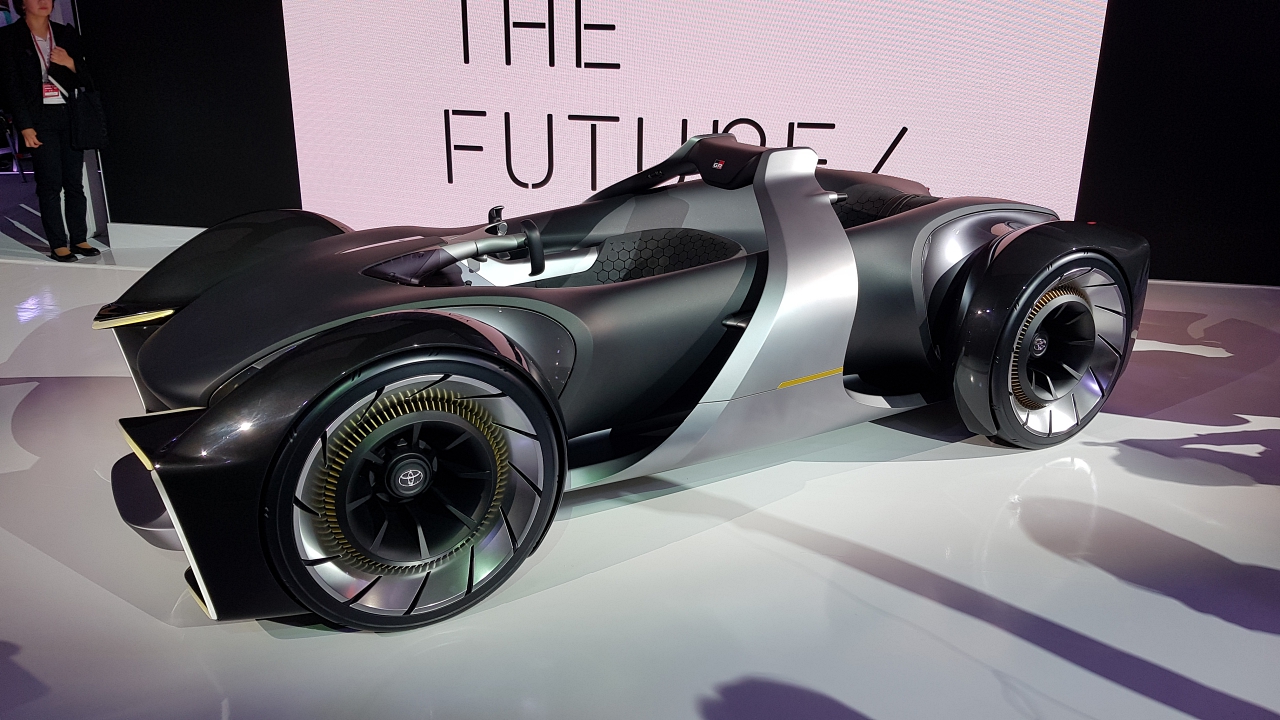
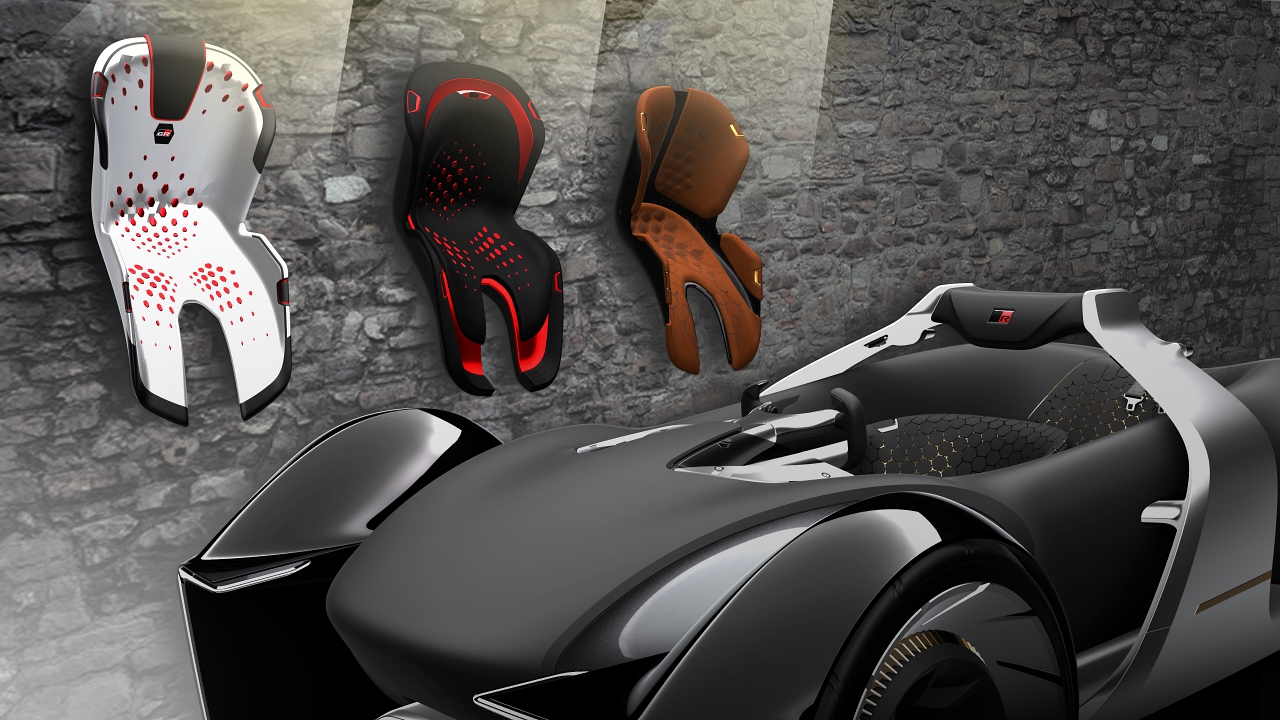
e-RACER
Believe it or not, the e-RACER is intended to recreate the same thrills and liberation we used to enjoy with horses, before the advent of the automobile.
It’s an intelligent sportscar that you’ll be able to drive hard, yet it will possess a level of sentience that allows man-machine communication, as well as intelligent risk/safety analysis, all of which is intended to bring reignite the love of cars.
Toyoda-san says, “I think cars of the future will be like horses. If we look at shared forms of mobility, such as the e-Palette, as if they were horse carriages, forms of mobility owned by individuals, like the e-RACER, would be "beloved horses". I would say that this means that our future society of mobility will be a society in which horse carriages and 'beloved horses' co-exist.”
